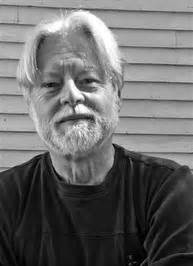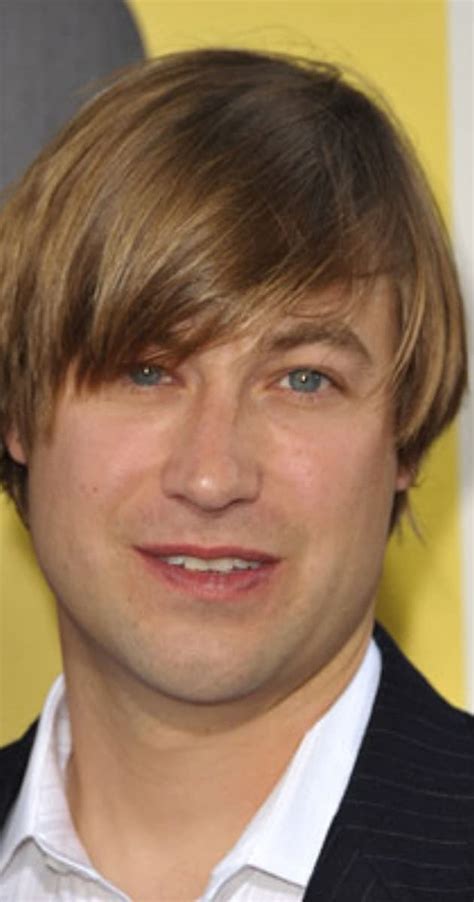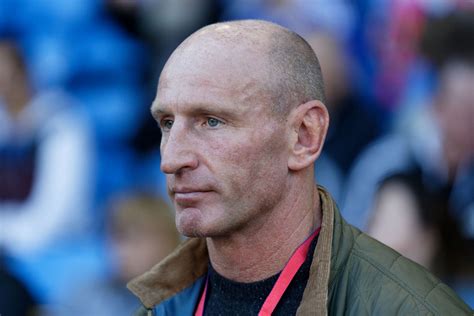A Quote by Thomas H. Cook
I like characters who are changed, often for the better, by the dark nature of their experiences. I also can become engaged by a character for whom I wish to see justice done, one way or the other. In general, I require a book to have some sort of moral center.
Related Quotes
Some of the things I love the most are when a writer or a visionary takes on sort of an iconic character and then spins it. Like with Frank Miller, Batman was this one thing for basically forty years, and then Frank Miller came along and said he can also be this other thing. And Christopher Nolan came along and said he can also be this other thing. The idea of taking iconic comic book characters or superhero characters or mythic characters and subverting the genre or coming up with a new idea is something that's really interesting to me.
If you think of even Tolstoy or a book like 'Anna Karenina,' you go from character to character, and each section is from the third person perspective of a different character, so you get to see the whole world a little more kaleidoscopically that way. That's traditional narrative manner, and I haven't done a book like that before, but I enjoyed it.
Justice is a judgement that is both fair and forgiving. Justice is not done until everyone is satisfied, even those who offend us and must be punished by us. You can see, by what we have done with these two boys, that justice is not only the way we punish those who do wrong. It is also the way we try to save them.
A criminal has a kind of freedom by definition that the ordinary citizen doesn't have. The criminal's able to realize himself in ways not available to the general population, if you want to put it that way. They're interesting and unpredictable. Characters always have to break some sort of bound or other to be interesting. It also helps if they're paradoxical.
If you get the characters right you've done sometimes nearly half the work. I sometimes find I get the characters right then the characters will often help me write the book - not what they look like that's not very important - what people look like is not about their character. You have to describe the shape they leave in the world, how they react to things, what effect they have on people and you do that by telling their story.
I have always liked kind of outsider characters. In the movies I grew up liking, you had more complicated characters. I don't mean that in a way that makes us better or anything. I just seem to like characters who don't really fit into. You always hear that from the studio: "You have to be able to root for them, they have to be likeable, and the audience has to be able to see themselves in the characters." I feel that's not necessarily true. As long as the character has some type of goal or outlook on the world, or perspective, you can follow that story.
You could say I'm the pioneer in the way I have changed some people's perception of not only sports people but of gay men in general. It's also important that people also realise that as much as a pioneer I'm also just a normal person. I'm normal but I've done something that's pretty powerful as well.
...It's all sort of dreams and it's all illusion. It's theater; it's not real. We're making up stories, you know, and people tend to run into you and believe you are your characters. And I suppose the funny thing is the longer you go, you do become sort of some version of [your characters]. You both diverge from them - you know - you live, but you also permanently inhabit that geography and that mental space - and so you do morph a little bit. We do become what we imagine.
The best morals kids get from any book is just the capacity to empathize with other people, to care about the characters and their feelings. So you don't have to write a preachy book to do that. You just have to make it a fun book with characters they care about, and they will become better people as a result.
I try to do as much as possible for every character. Some of them, it is easier to do the research because you have either real examples that you work with, maybe some specific person that inspires you in that case, or the performances from other people, or the characters, or a character from a book.


































